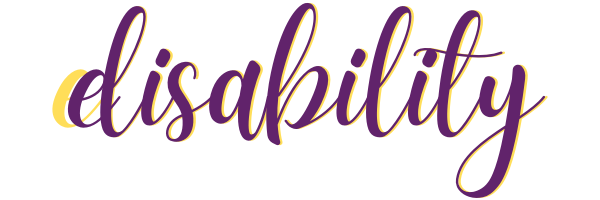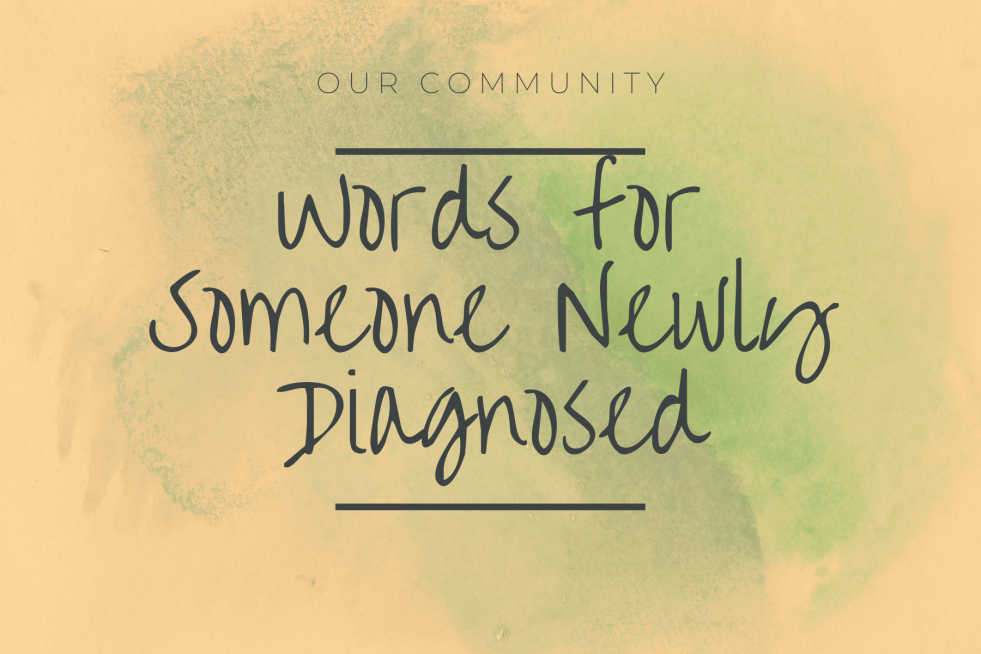Did you know that the month of July is Disability Pride Month? If you didn’t, I will be very insulted.
…
Lol, just kidding. It’s not like we have a parade, or companies changing their logos to showcase our flag (yeah, we have a flag too!). It’s not like disabled people get pushed to the forefront of campaigns for a while, or their achievements get highlighted more than usual. It’s not like anyone who is not disabled cares, basically. I mean, I didn’t even know we had a disability pride month until I saw disability activists mention it on Twitter. So why would I expect anyone else to know about it?
The Americans with Disabilities Act was signed in July 1990 by President Bush. In 2015, for the ADA’s 25th anniversary, New York Mayor Bill de Blasio declared the whole month of July to be Disability Pride Month. So it is by no means an official or international celebration, but activists around the world grabbed it and are running (or rolling) with it. Why shouldn’t we be allowed to celebrate who we are for a while too?
What does Pride mean to me, in the context of my disability? Let’s look at what the Antidote dictionary says about pride, shall we?
Continue reading “Disability Pride Month”




